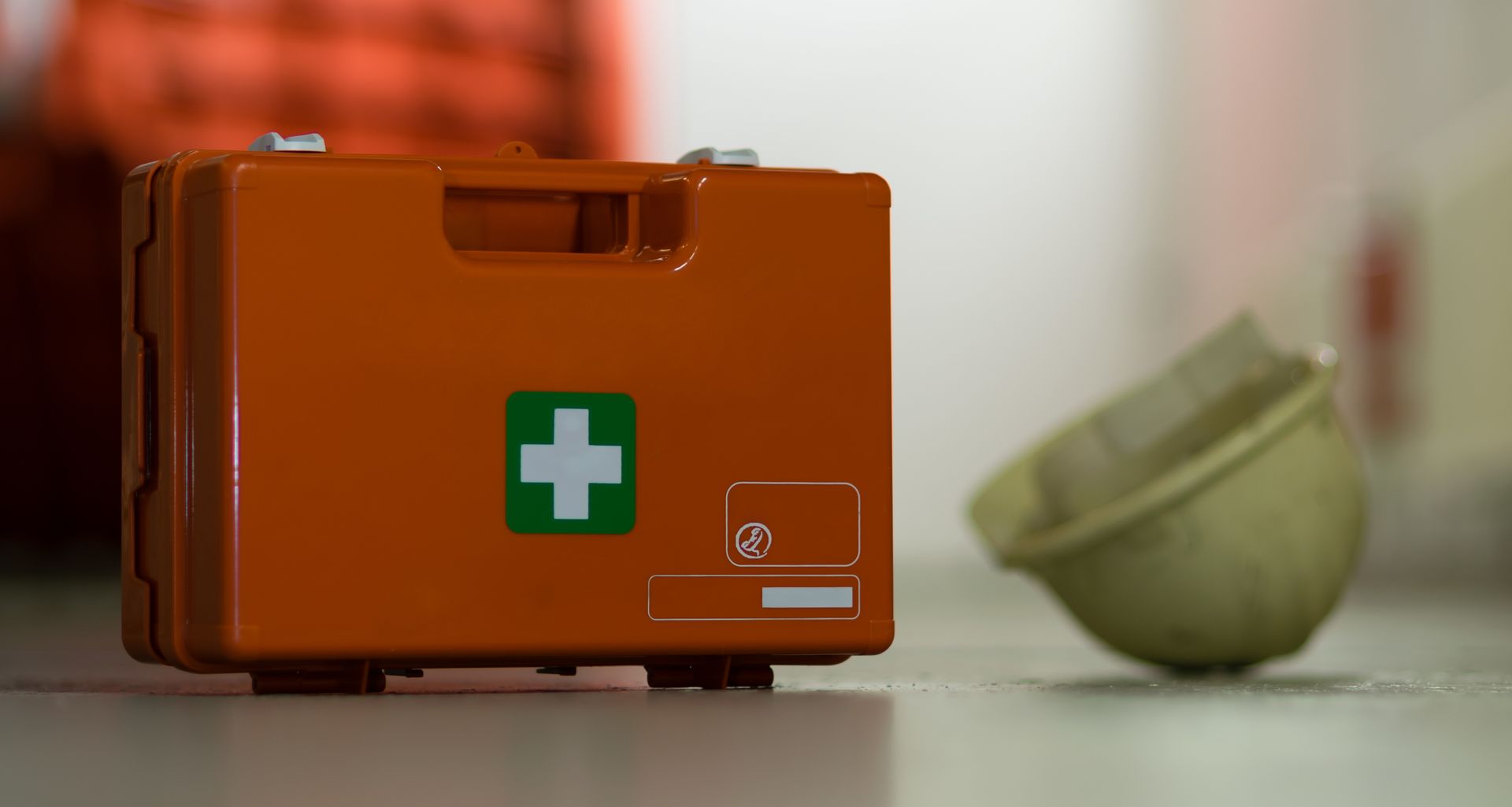The Importance of Emergency First Aid Training at Work
In any workplace, safety is of the utmost importance. It is not only about providing a comfortable atmosphere; it is also about assuring the well-being and security of all employees. One essential aspect of this is emergency first aid training. This vital knowledge enables staff to respond effectively in crucial situations, perhaps saving lives and reducing the impact of accidents. In this blog, we'll look at why emergency first aid training should be a part of every low risk workplace's safety plan.
Immediate Response Saves Lives
Assume a coworker collapses unexpectedly or suffers a serious injury. In such a critical situation, the first reaction can be the difference between life and death. Employees with emergency first aid training have the confidence and expertise to respond quickly and appropriately, providing crucial support and assistance until advanced medical care arrives.
Reducing Response Time
Unexpected accidents occur, and every second counts. A trained employee can call 999 and provide urgent treatment, potentially preserving life, preventing the condition from worsening and promoting recovery until the handover with the emergency services. This level of trained thinking and action should reduce emergency service response time leading to a potentially higher revival rate.
Fostering a Culture of Safety
Incorporating first aid training into your company culture sends a strong message that safety is of the utmost importance. It displays that the organisation cares about its employees' well-being, fostering a positive and secure work environment. As a result, morale and staff loyalty improve.
Mitigating Legal Liabilities
Employers are required by law in many areas to offer a safe working environment, to provide personnel with relevant training, equipment and welfare facilities and to risk assess the workplace. Failure to meet these duties might have serious ramifications, including legal liability and financial penalties. Businesses demonstrate their lawful compliance, in part, by ensuring that their workers are trained in first aid.
Boosting Employee Confidence
Employees are empowered when they know how to respond in an emergency circumstance. It instils confidence in them, knowing that they have the ability to handle a situation in the workplace and at home.
Reducing Recovery Time and Costs
Prompt and effective first aid can help reduce the time required for personnel to recuperate. Where a first aider administers immediate and appropriate care and support, you are helping the casualty’s injury or illness from worsening and you would be promoting recovery. This may lead to fewer days off from work and lower costs for rehabilitation and medical treatment. Businesses can save time and money by investing in first aid training.
Promoting Team Cohesion
Employees benefit from first aid training because it develops a sense of camaraderie and solidarity. Teams learn to collaborate effectively in high-stress situations through group training activities and simulations. Not only does this boost their capacity to respond effectively, but it also fosters workplace connections.
Emergency first aid training is more than simply a tick box in the area of workplace safety; it's a basic investment in your employees' well-being and the overall success of your organisation. You create a safer, more secure atmosphere, enhance employee morale, and demonstrate your dedication to their well-being by delivering this training. It's a win-win situation in which everyone leaves with the confidence and ability to deal with emergencies that may happen. Remember that it is not just about what happens at work, but also about how you prepare for the unexpected.
We hope you have found the above information useful with understanding the importance of workplace first aid training and how we can help you here at Fundamentally First Aid. If you would like to find out more or to arrange onboarding to our next course, then please do not hesitate to get in touch and we look forward to speaking with you soon.

